Catherine Connolly elected president of Ireland in record-breaking landslide
Catherine Connolly has been elected as Ireland’s 10th president with a record-breaking 63% of the vote. Backed by opposition parties and young voters for her pro-Palestine and social justice stances, she pledged to be an inclusive and principled voice for all.
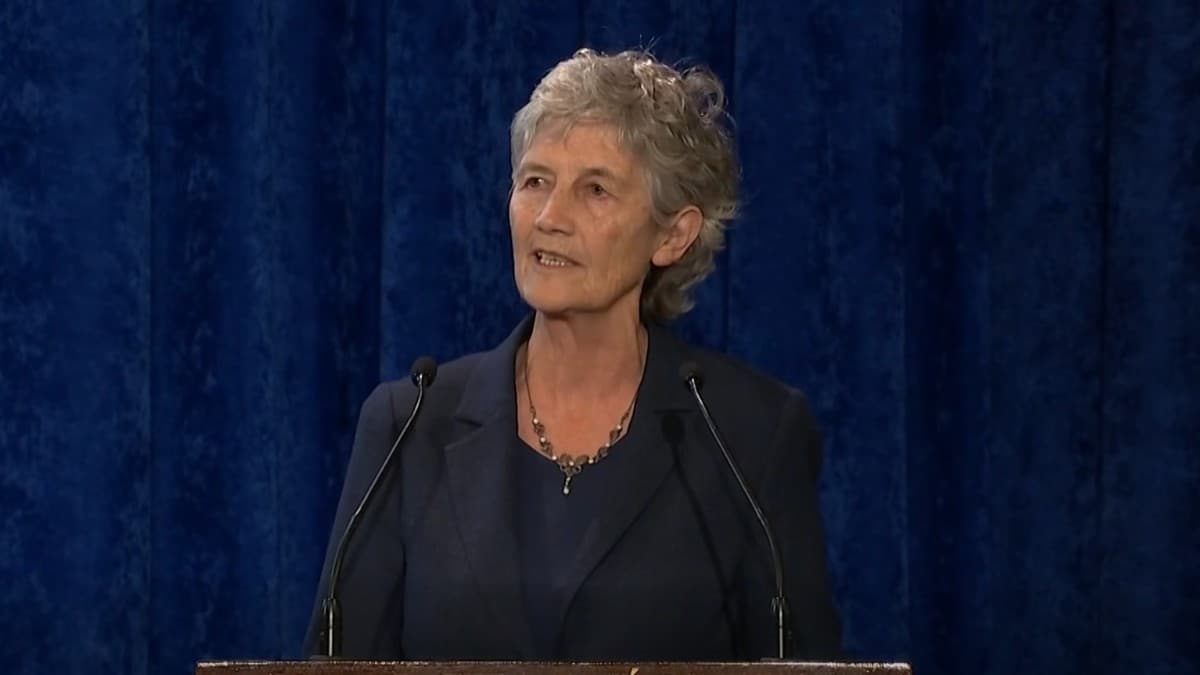
- Catherine Connolly wins Irish presidency with a record 63% of first preference votes
- Backed by major left-leaning parties and youth voters, partly due to her strong pro-Palestine stance
- Connolly pledges to be an inclusive, independent voice on neutrality, peace, climate, and unity
Catherine Connolly has been elected as the 10th president of Ireland, securing a landslide victory with 63% of first preference votes, the highest in the country's presidential election history.
The independent TD (member of Irish parliament), aged 68 and from Galway, emerged as the clear winner over Fine Gael's Heather Humphreys, the government’s candidate.
The result, long evident from early counts, was officially declared at Dublin Castle. Connolly will succeed Michael D Higgins, who steps down after completing the constitutional limit of two seven-year terms.
Endorsed by left-wing parties and youth voters
Connolly ran as an independent but was strongly backed by major left-leaning parties, including Sinn Féin, the Labour Party, and the Social Democrats.
A significant factor in her widespread support—especially among younger voters—was her outspoken criticism of Israel over its ongoing military campaign in Gaza.
She has been a consistent advocate for Palestinian rights and voiced strong opposition to the humanitarian impact of the conflict.
This position, alongside her commitment to social justice, environmental concerns, and Irish neutrality, contributed to the groundswell of grassroots support, particularly among the youth and progressive electorate.
“A president for all”
In her acceptance speech, delivered first in Irish and then in English, Connolly declared her intention to be “an inclusive president for all.”
“I will be a president who listens and reflects and who speaks when it's necessary,” she said.
“A voice for peace, a voice that builds on our policy of neutrality, a voice that articulates the existential threat posed by climate change.”
Connolly’s campaign had been described by supporters as a “movement” rather than a traditional campaign, in part due to its cross-party and bottom-up mobilisation.
Mandate and turnout
Connolly received 914,143 first preference votes—63% of valid votes cast—while Humphreys secured 29%.
Fianna Fáil’s Jim Gavin, who withdrew but remained on the ballot, received 7%.
The turnout was 46%, with 213,738 spoiled votes, an unusually high number. Some political observers suggested this reflected voter dissatisfaction with mainstream political options.
Cavan–Monaghan was the only constituency won by Humphreys, who had represented it in the Dáil from 2011 until 2024.
Gracious concession and official responses
Humphreys conceded early and congratulated Connolly at Dublin Castle. “Catherine will be my president and I want to wish her well. This is her evening,” she said.
President Michael D Higgins personally phoned Connolly to congratulate her, stating that “the president-elect will have the full support of this office as she prepares for her inauguration on 11 November.”
Taoiseach Micheál Martin called the result “a tremendous majority and a very clear mandate,” while Tánaiste Simon Harris praised Ireland’s democratic process and unity following the election.
Harris also addressed the high number of spoiled ballots, commenting that some voters had gone to “quite a lot of effort” to invalidate their votes.
Sinn Féin and opposition support
Sinn Féin did not field a candidate but played a pivotal role in Connolly’s campaign. Its leader Mary Lou McDonald described the result as “a stunning victory” and framed it as a rejection of “the jaded, worn-out politics of Fianna Fáil and Fine Gael.”
She emphasised Connolly’s independence, describing her as “a woman with a very independent mind” despite being supported by multiple opposition parties.
First Minister of Northern Ireland Michelle O’Neill called the result “an era of hope,” noting that Connolly’s success showed what could be achieved when parties advocating for change work together.
Unity, neutrality, and next steps
Connolly expressed her desire to see a border poll on Irish unification during her term and framed her presidency as one that would promote dialogue and respect across the island.
As president, Connolly will act as head of state, representing Ireland abroad, officiating national events, and ensuring constitutional governance. Though the role is largely ceremonial, it carries significant symbolic weight and moral authority.
Her inauguration will take place on 11 November, with President Higgins officially leaving office the day before.
Connolly’s election marks a shift in Irish politics—reflecting growing support for independent, values-driven leadership—and introduces a presidency that promises to focus on inclusivity, neutrality, climate justice, and global humanitarian issues.



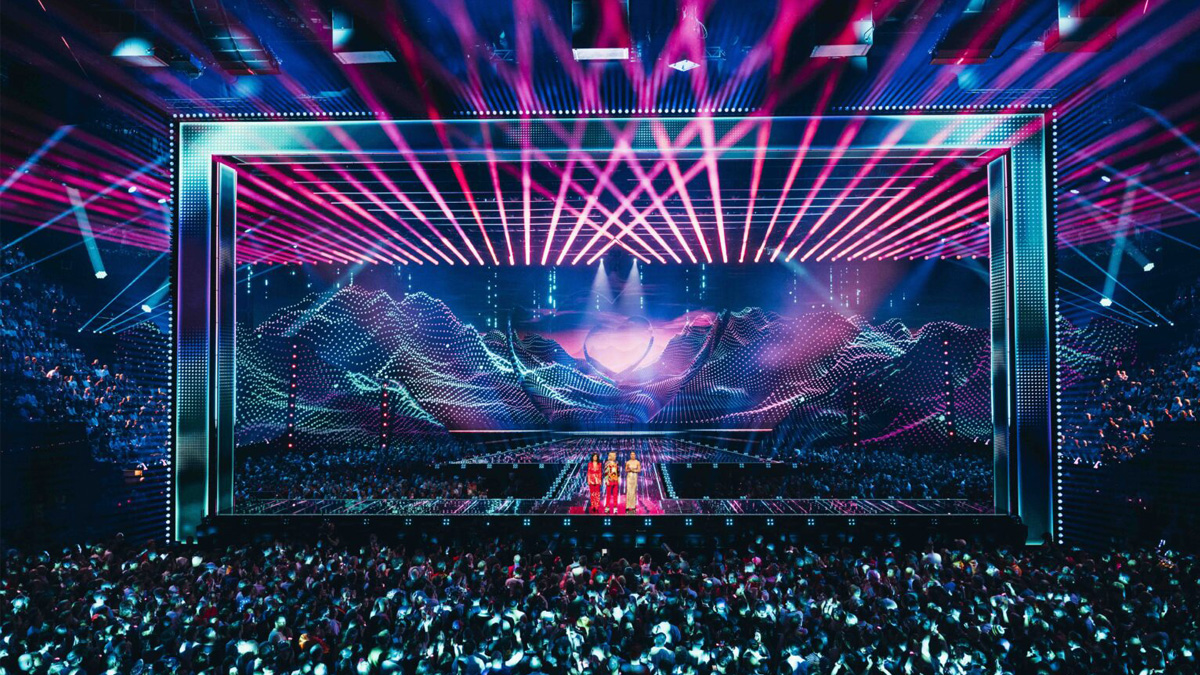
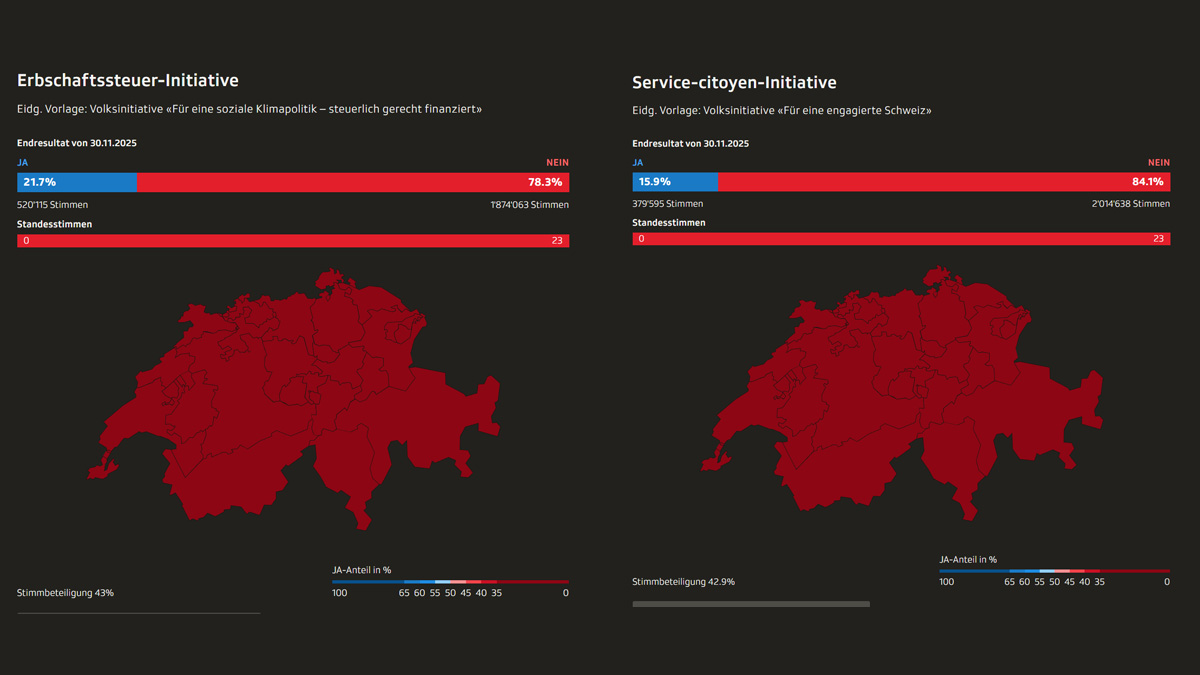
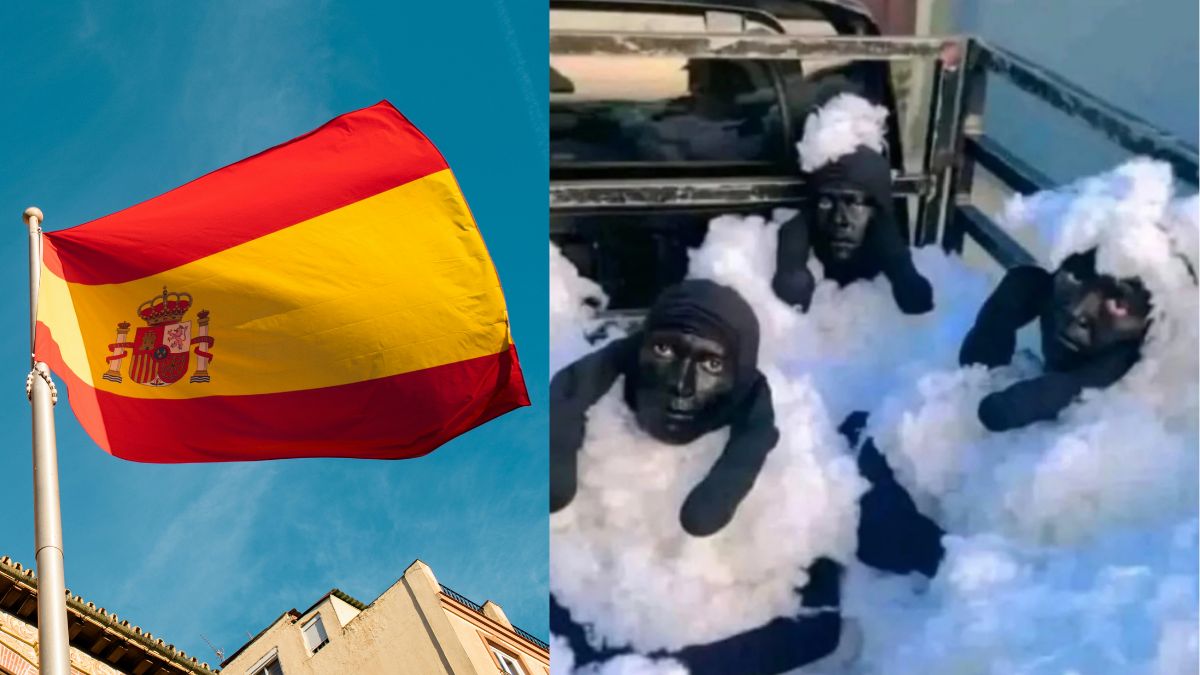
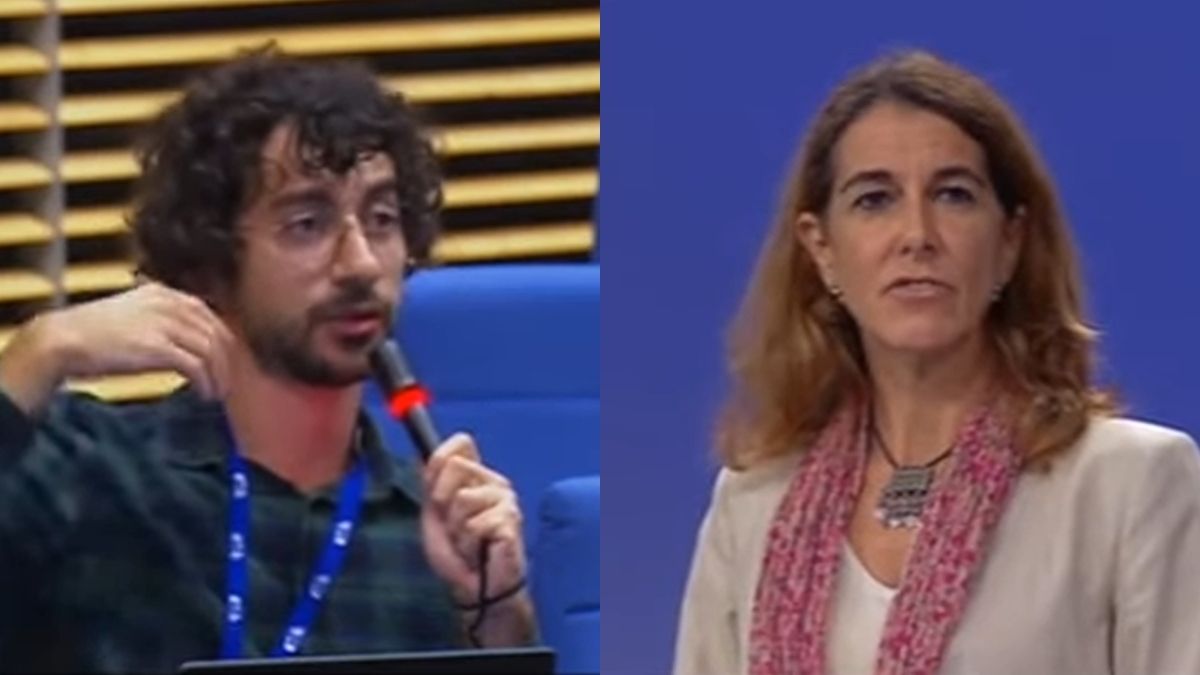
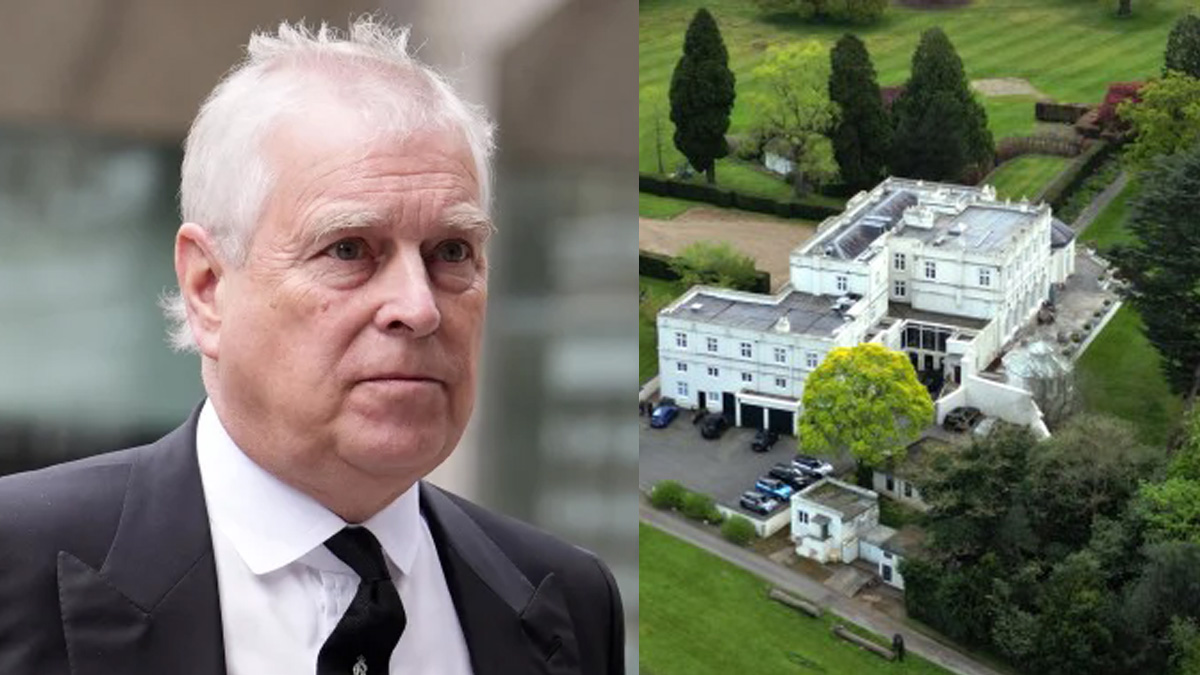
0 Comments